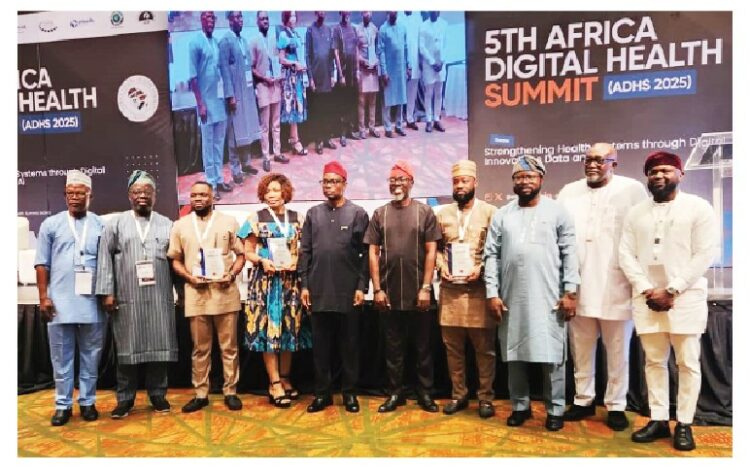Stakeholders in Nigeria’s reproductive health sector have called for more tailored and context-sensitive communication strategies to improve the uptake of modern family planning (FP) methods across the country.
This call was made during a dissemination webinar by the Centre for Communication and Social Impact (CCSI), which unveiled findings from a Family Planning Communication Landscaping Assessment conducted in Lagos, Kaduna, and Kano states.
The virtual session convened public health experts, communication specialists, policymakers, and development partners, all emphasising the need to align FP messaging with the unique media habits, cultural values, and contraceptive preferences of different population groups, particularly adolescents and young adults.
In her opening remarks, moderator Precious Kanayo-Omonoju set the stage for reflections on the achievements, challenges, and insights gathered during the six-month study.
Giving an overview of the project, evaluation expert Mr. Chukwuemeka Nwimo highlighted the importance of data-driven communication.
“Awareness of family planning is high across the three states, but actual uptake remains low. This study helps us uncover the reasons behind that gap,” he explained.
Presenting the methodology and findings, lead researcher Dr. Matthew Okoh revealed notable regional disparities. While Lagos recorded the highest use of modern contraceptives at 41.6 per cent, uptake was significantly lower in Kano (27.4%) and Kaduna (26.8%). Popular methods included implants, injectables, and male condoms, with preferences varying by age, gender, and location.
Dr. Okoh noted that injectables were most used by adolescents in Kano, while condom use was highest among youth in Lagos.
“These insights show that one-size-fits-all approaches won’t work. Communication must be customized to suit local realities,” he stressed.
In his analysis of the challenges, Dr. Okoh pointed to persistent myths and misconceptions, a lack of youth-friendly content, and limited digital engagement, especially in northern Nigeria. He recommended leveraging influencers, culturally relevant messaging, and digital platforms to better reach target audiences.
Senior Programme Manager at CCSI, Mr. Oluyemi Abodunrin, thanked the research team and reaffirmed the organisation’s commitment to supporting evidence-based interventions that strengthen the country’s family planning ecosystem.
“Our goal is to ensure that every Nigerian, regardless of where they live or how old they are, has the right information and tools to make informed choices about their reproductive health,” he said.











